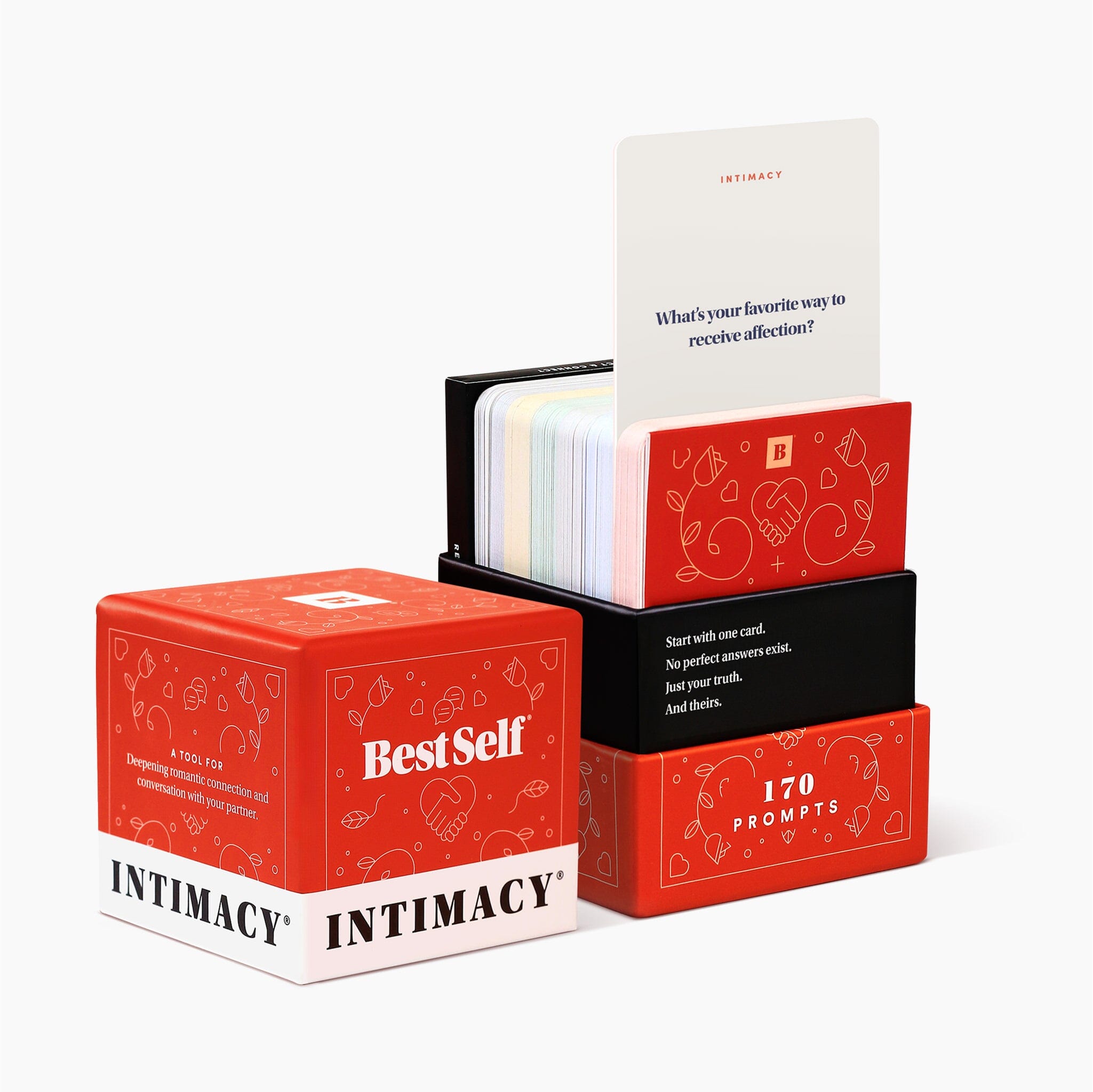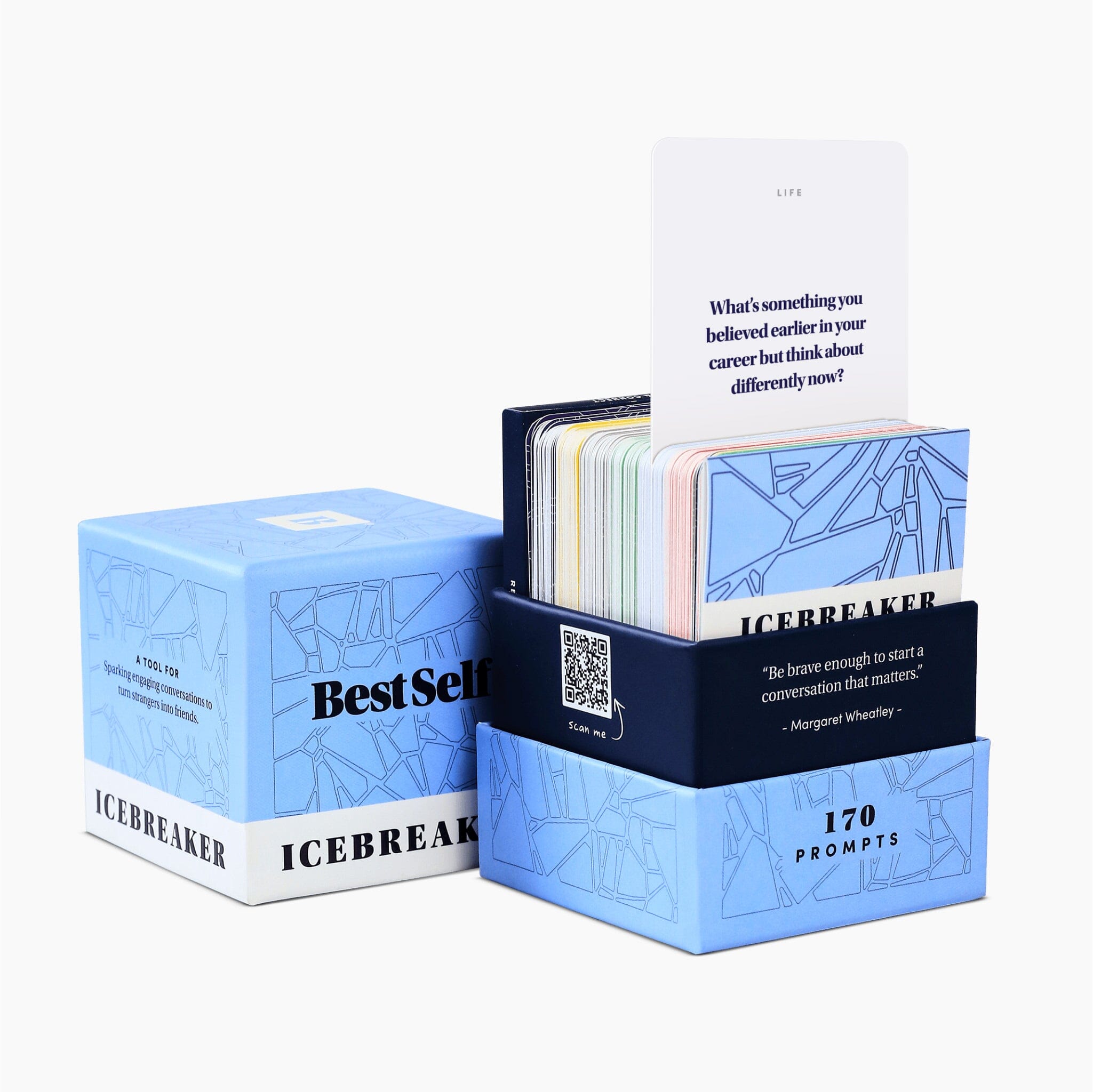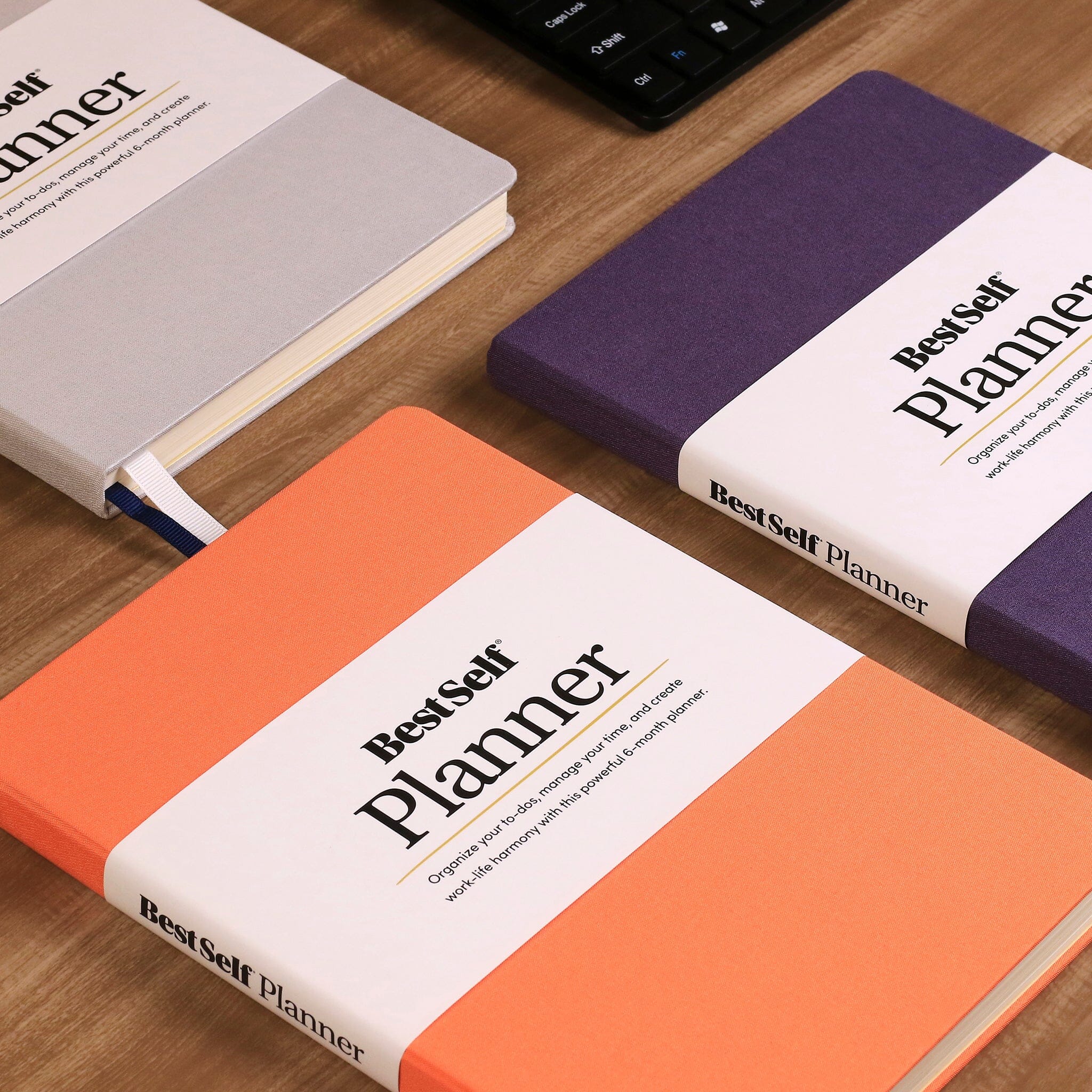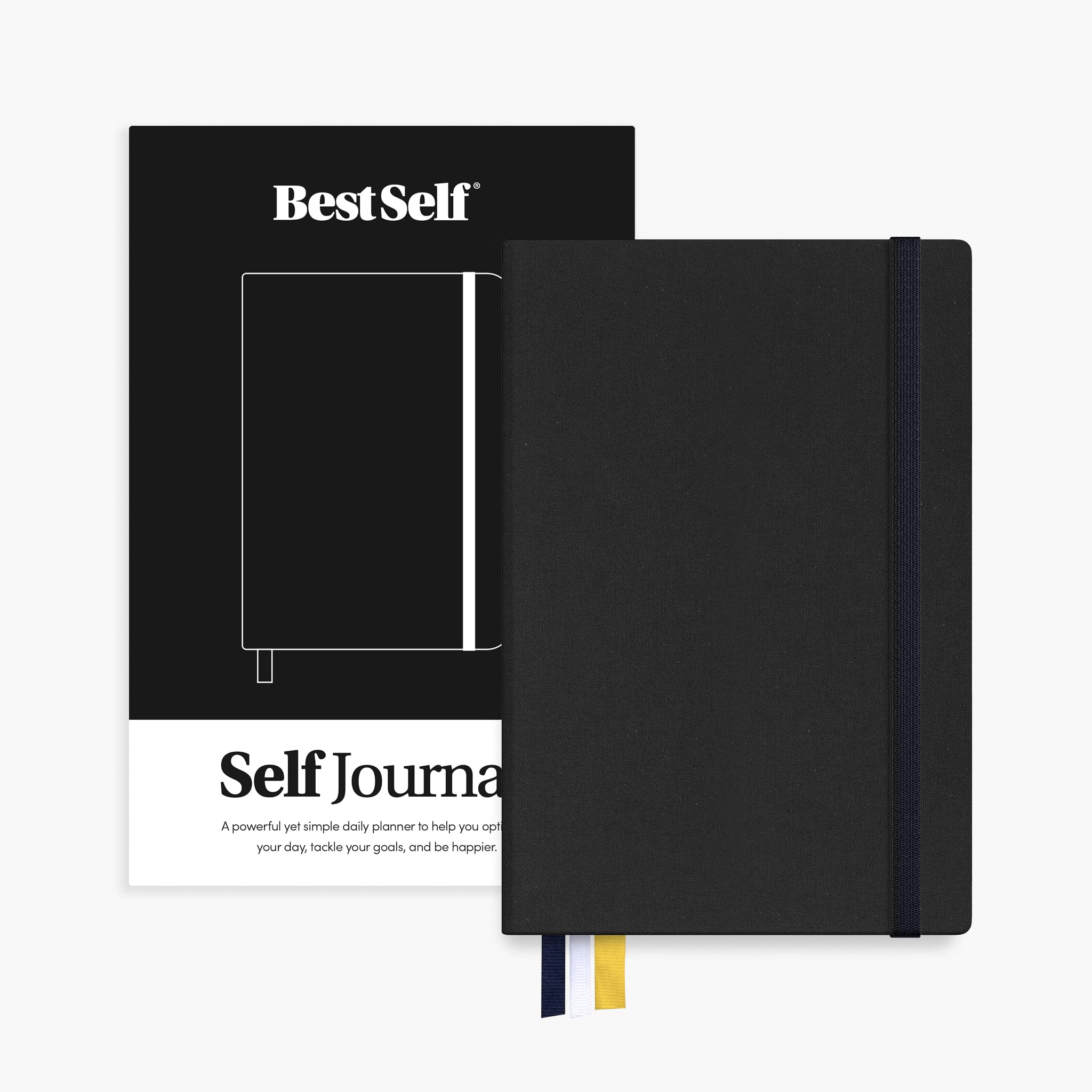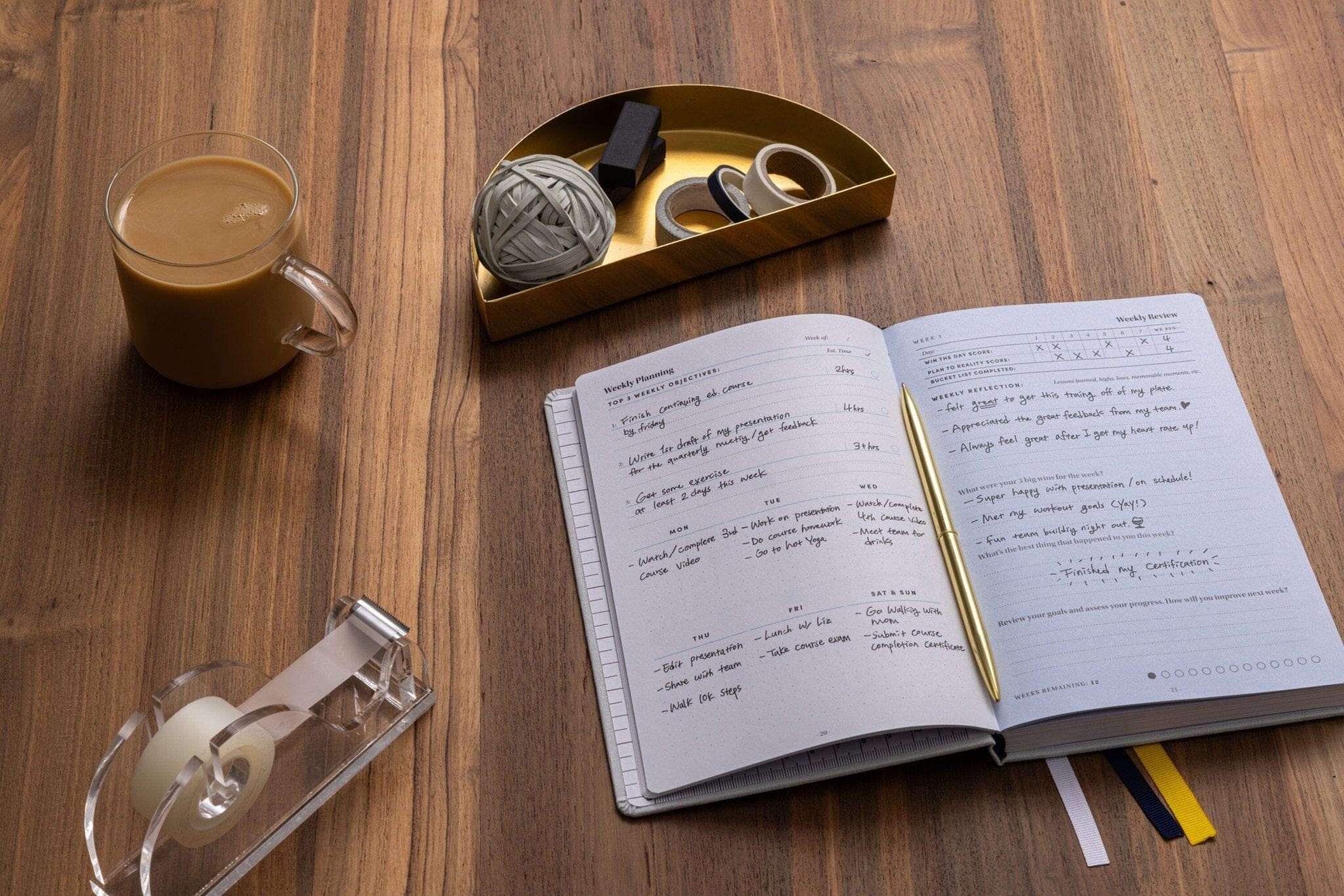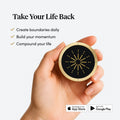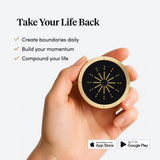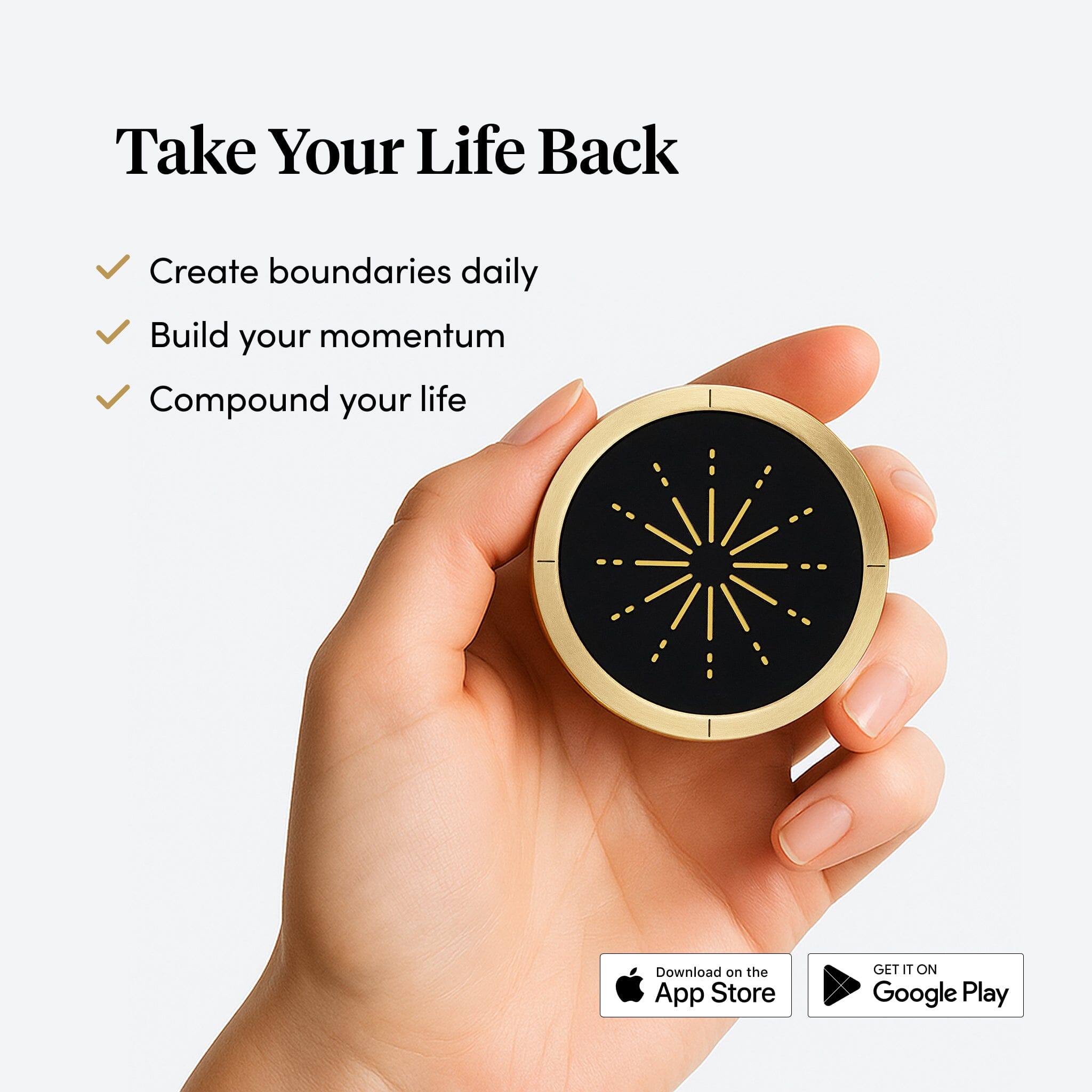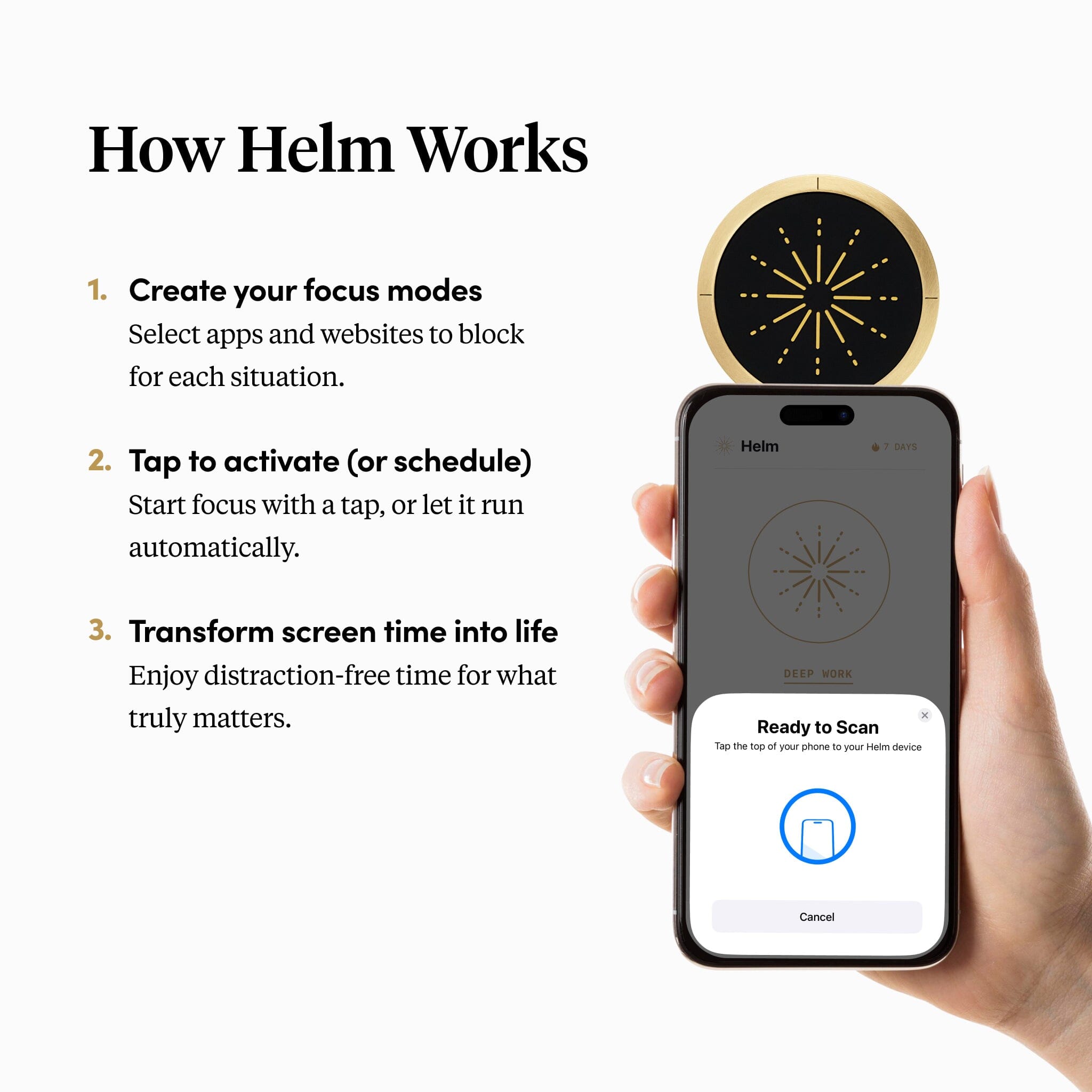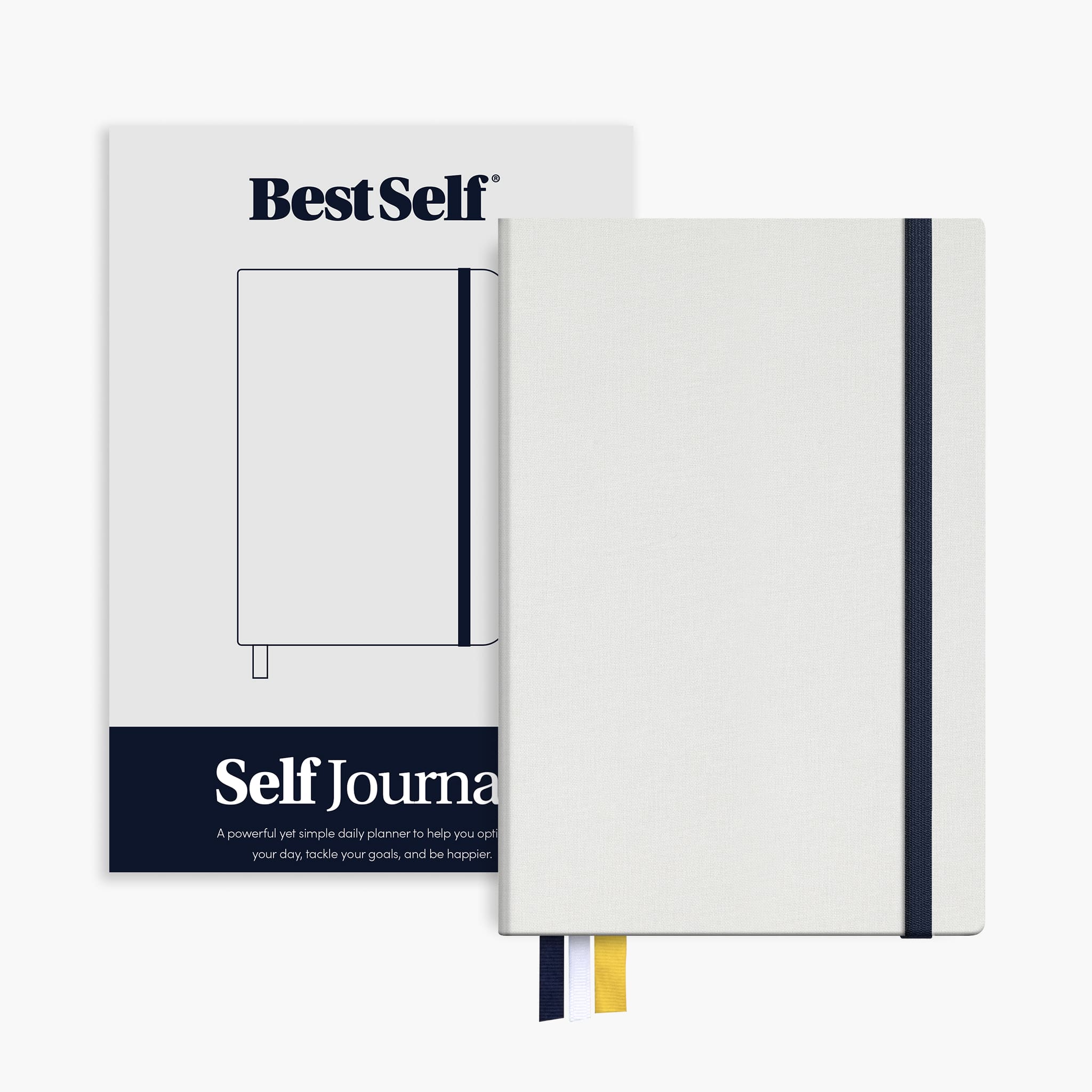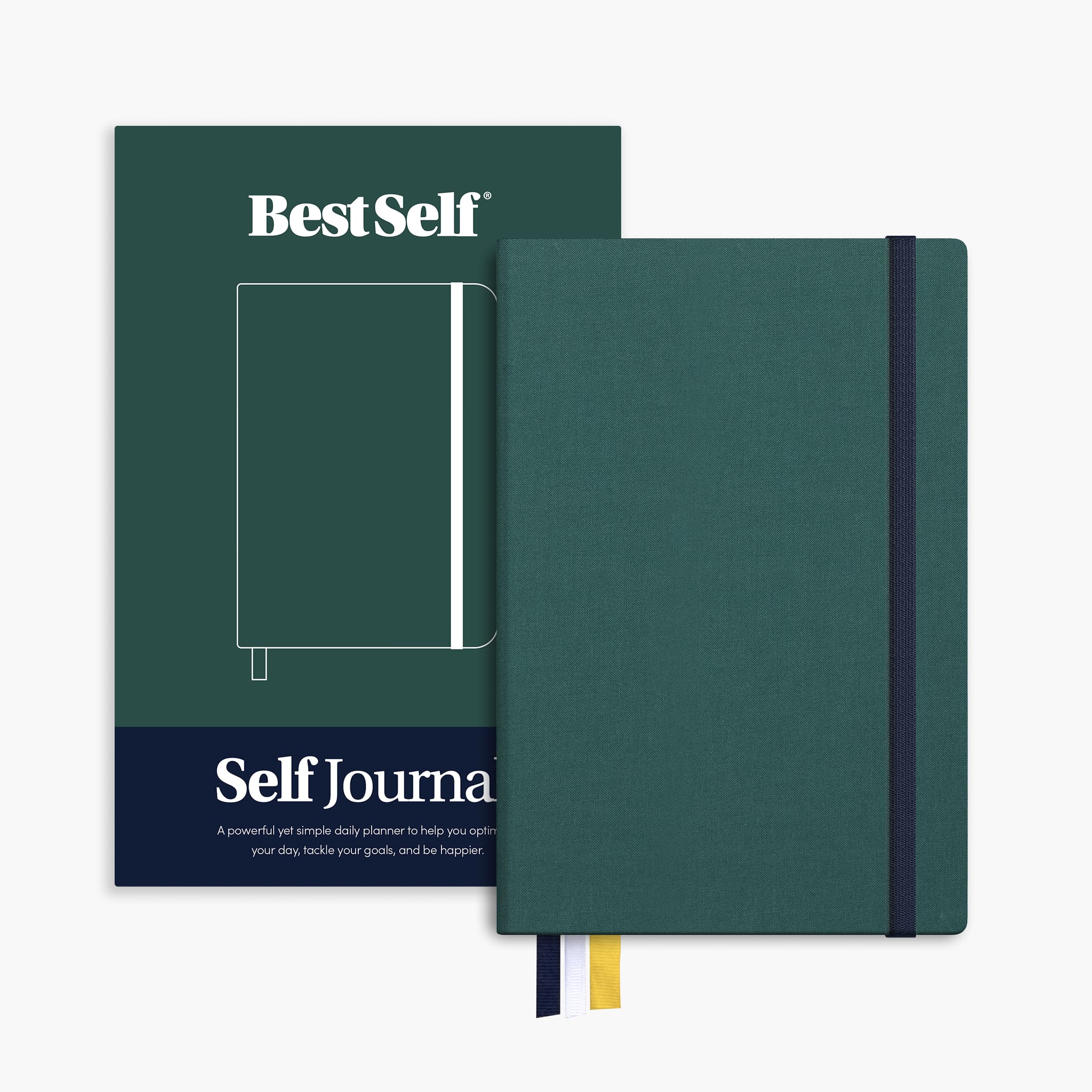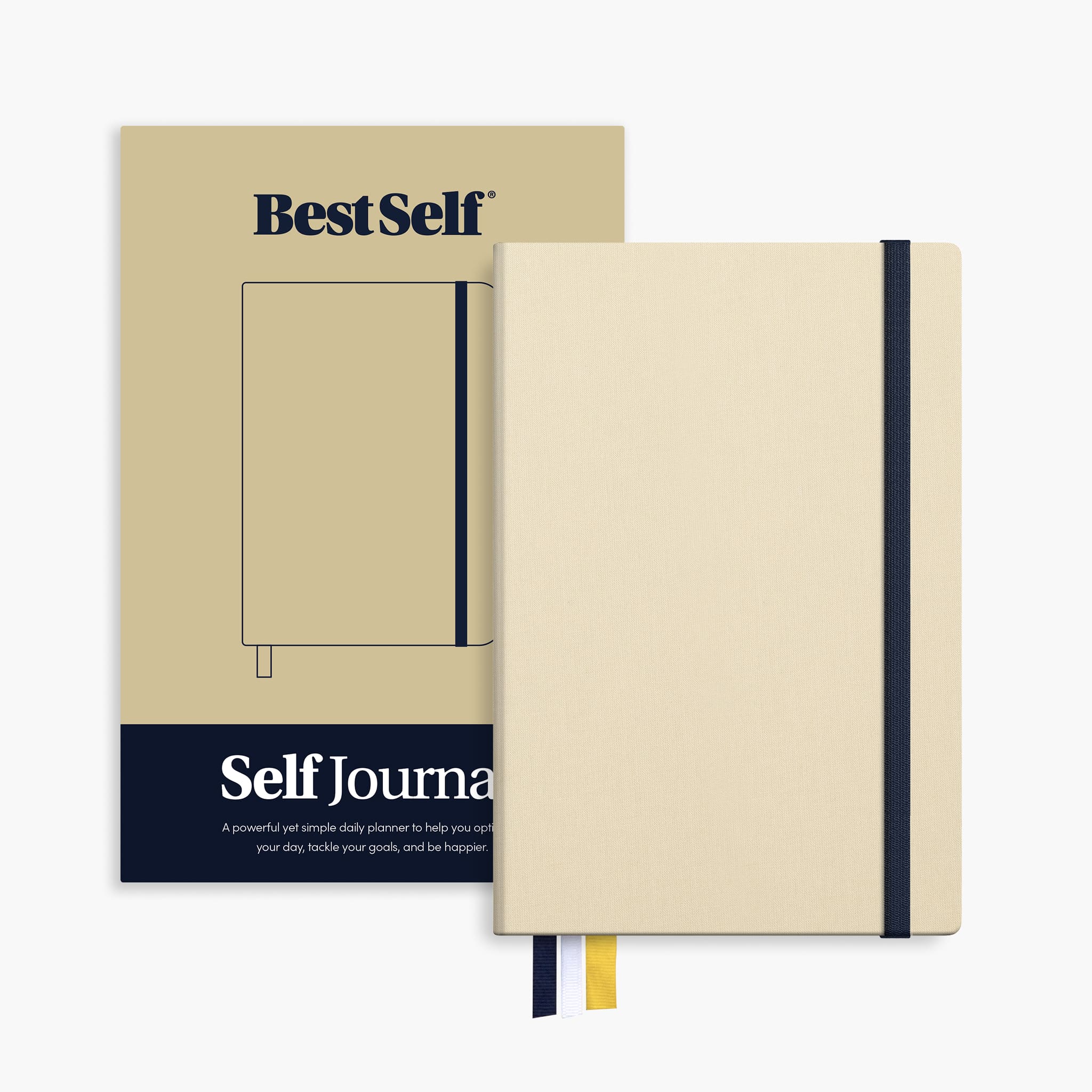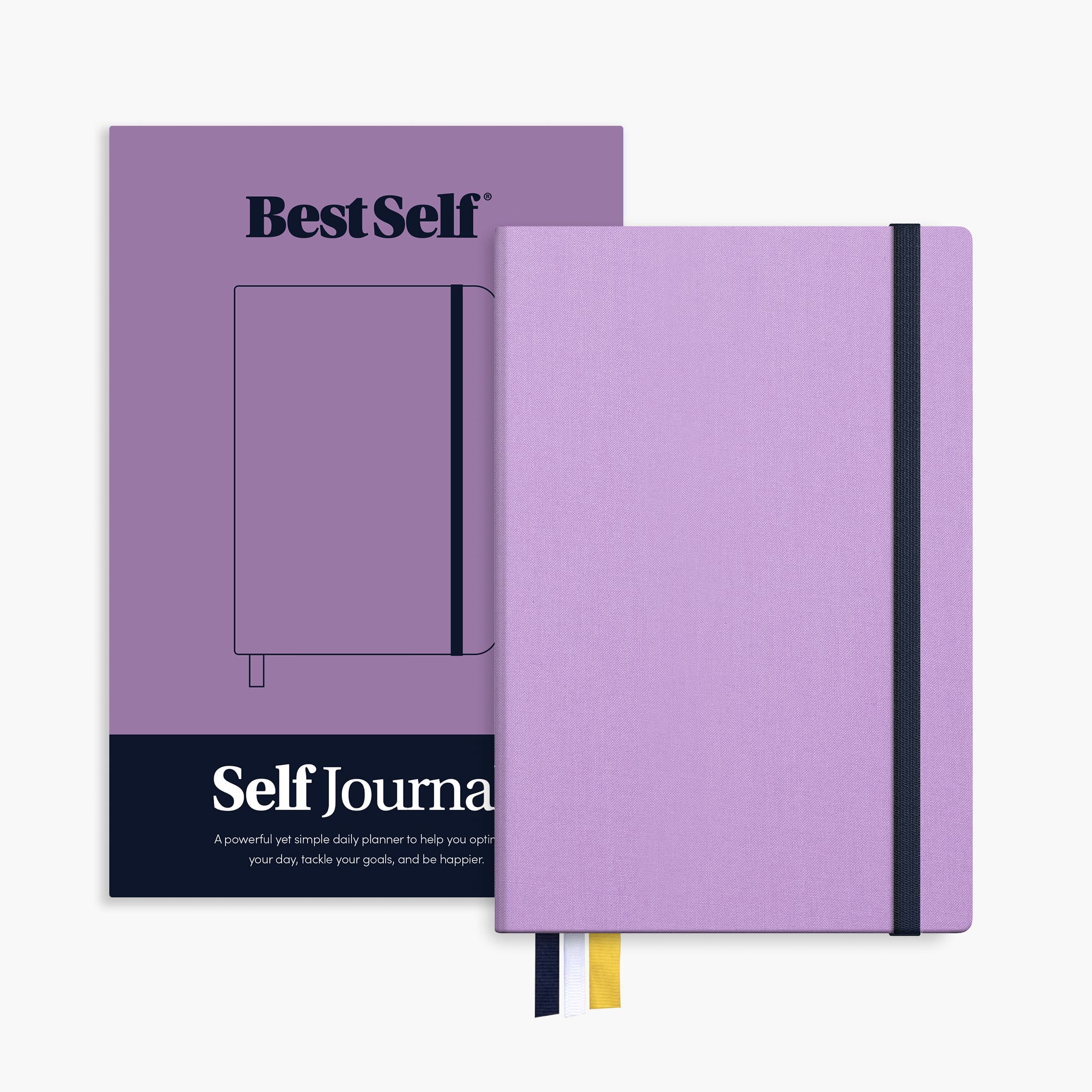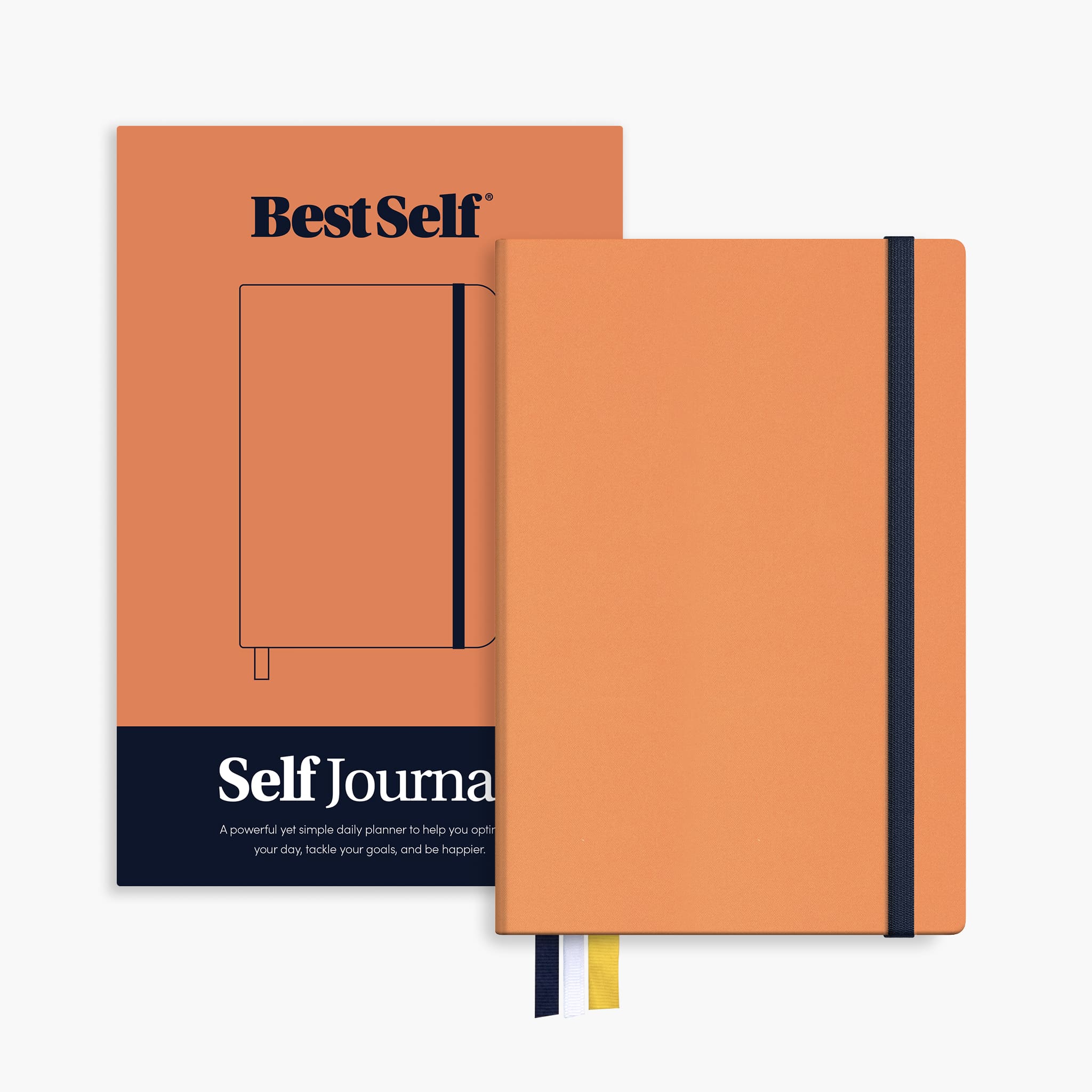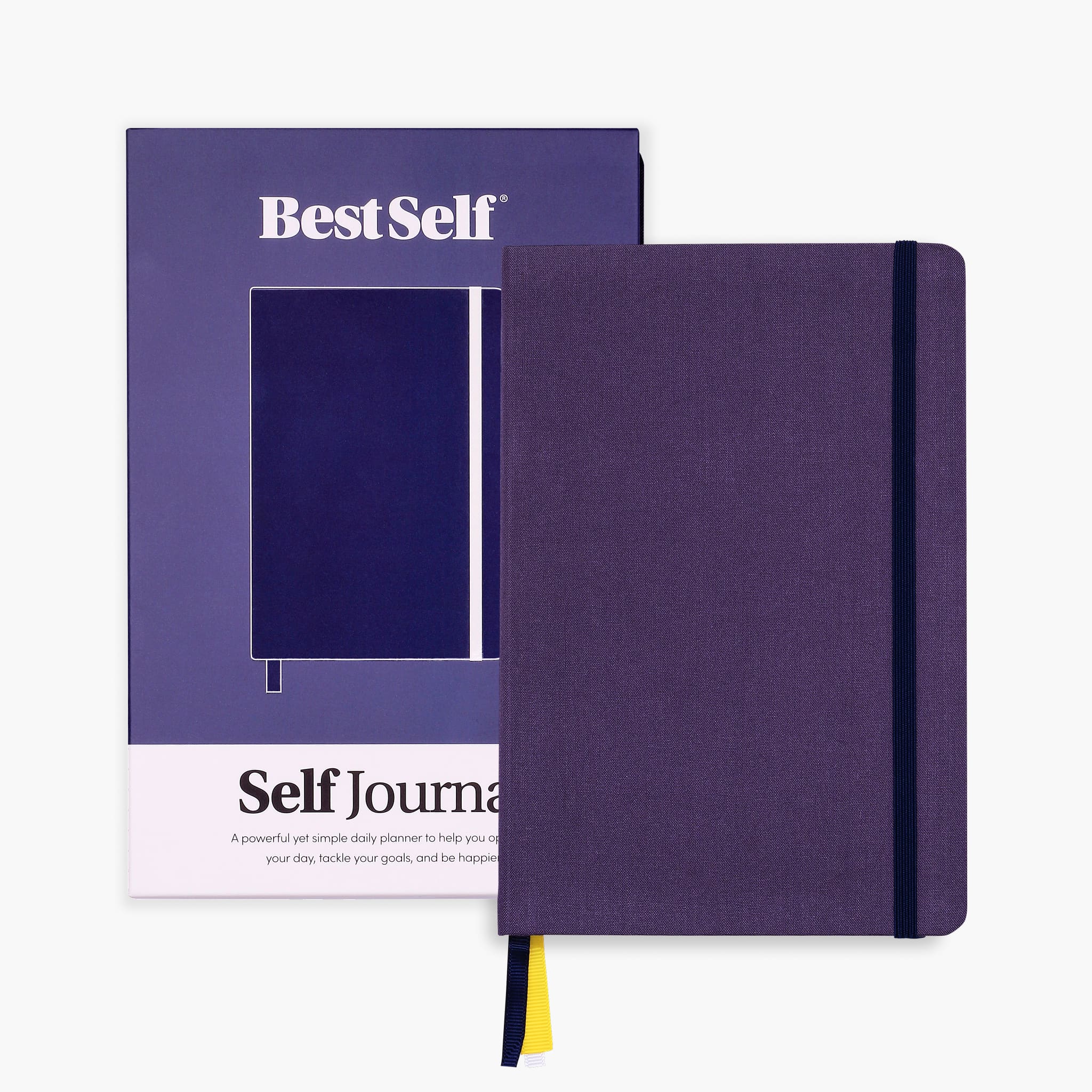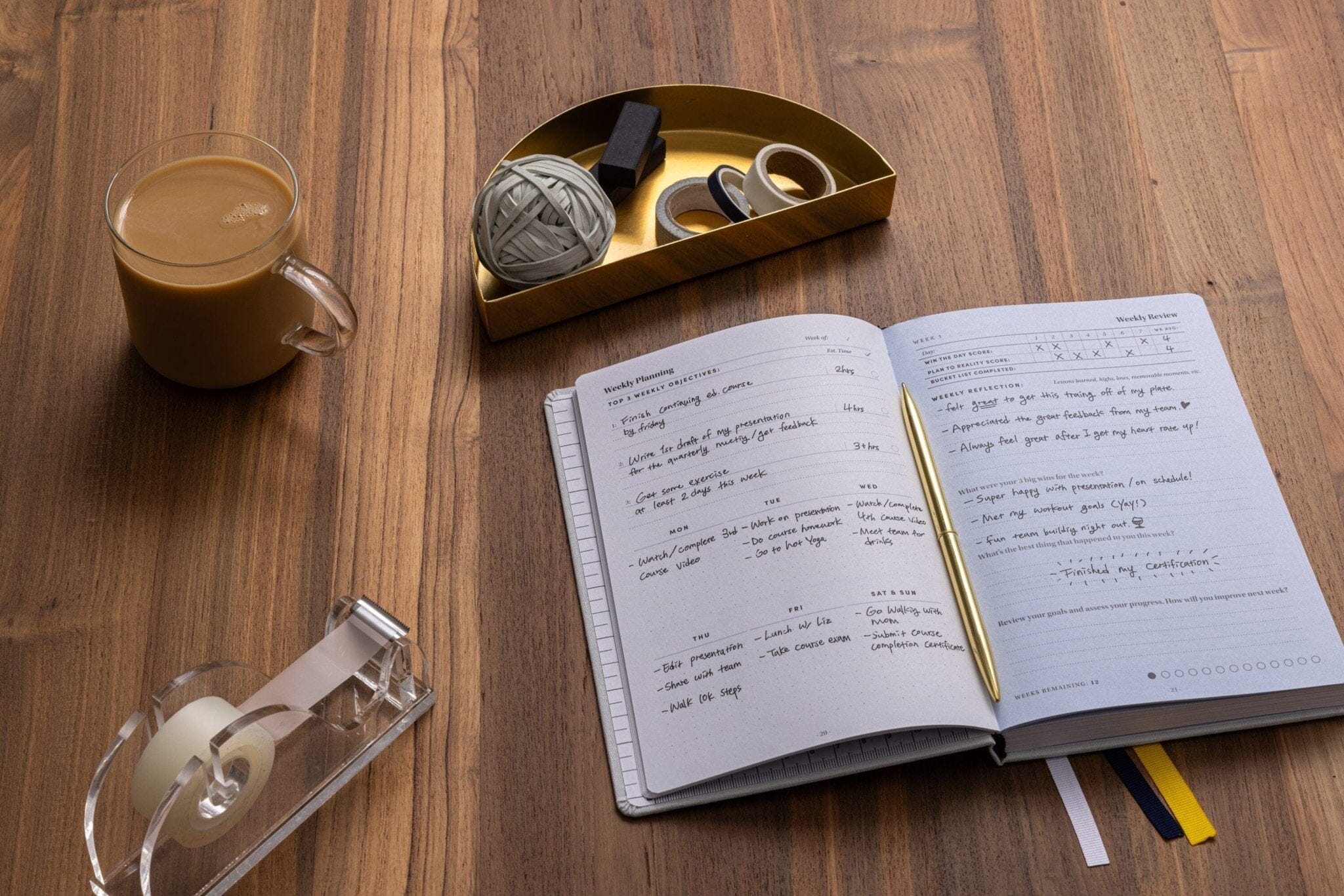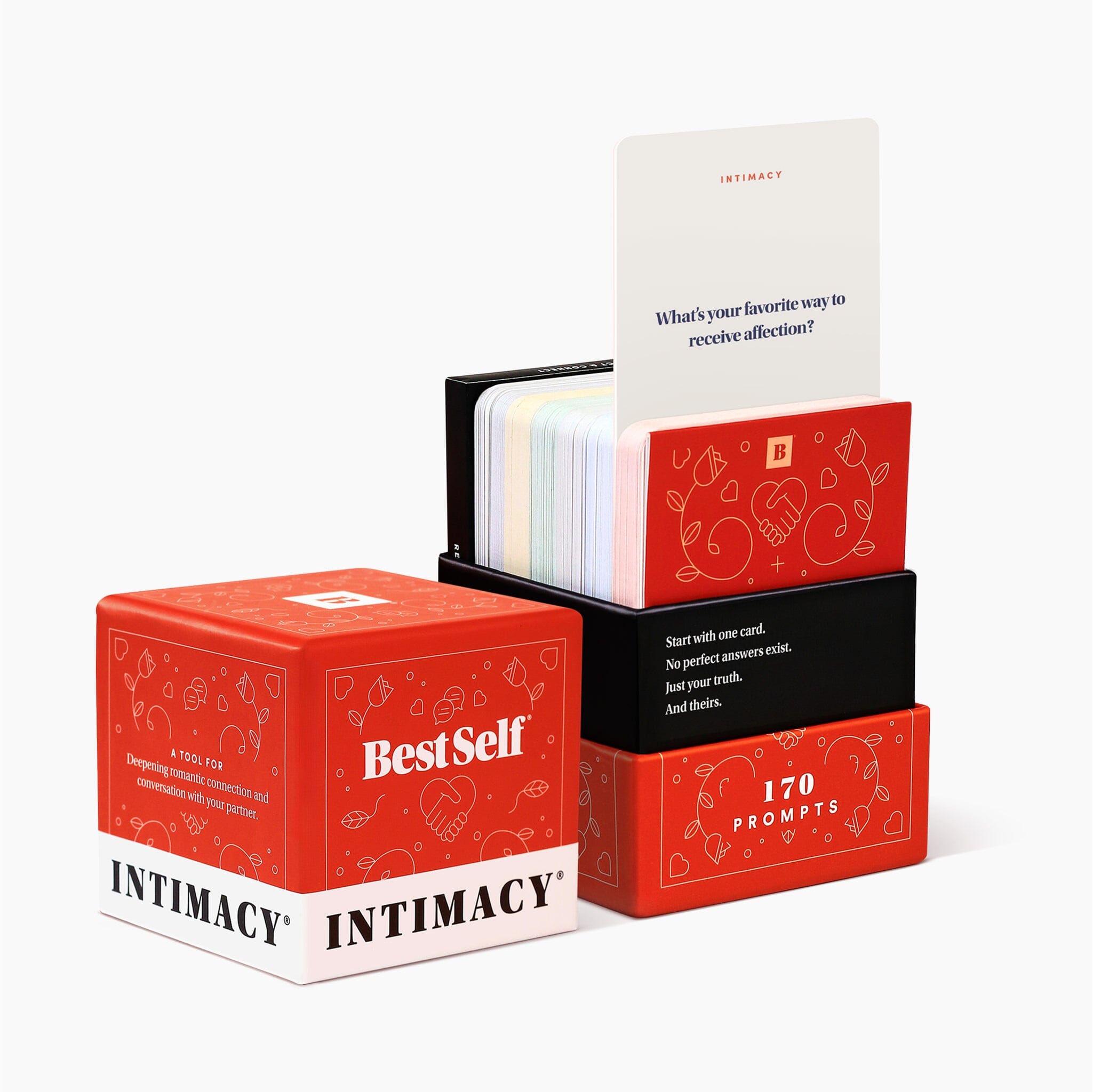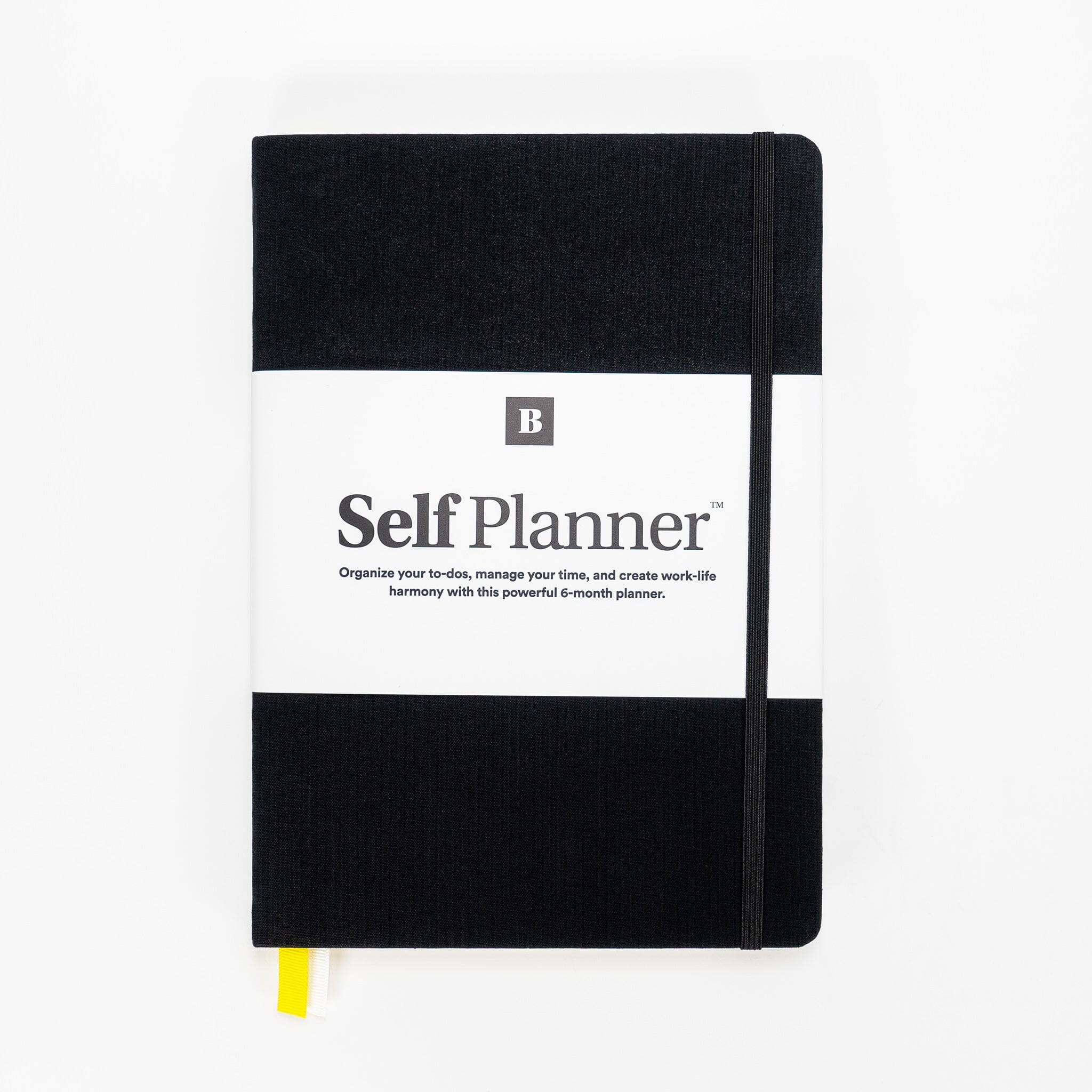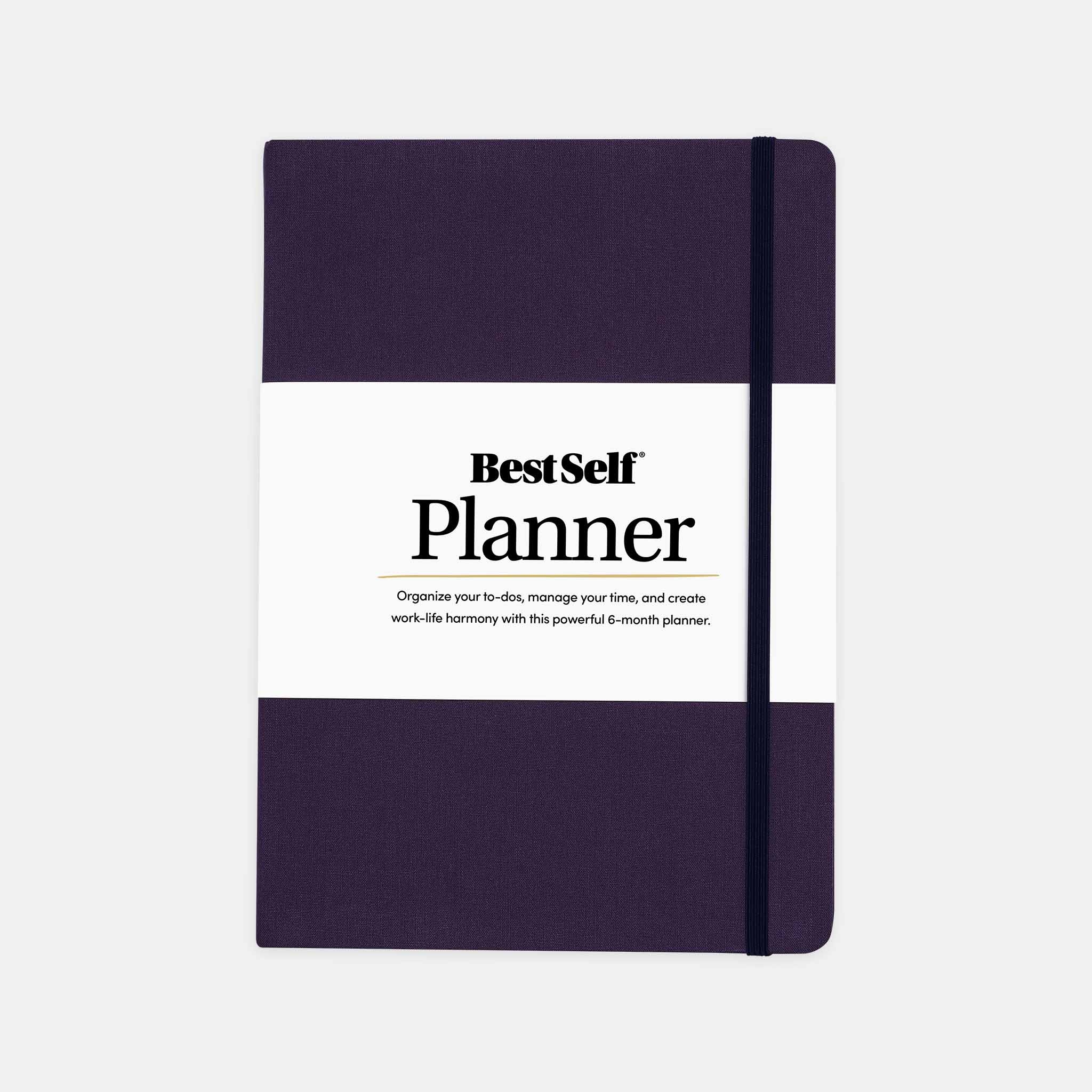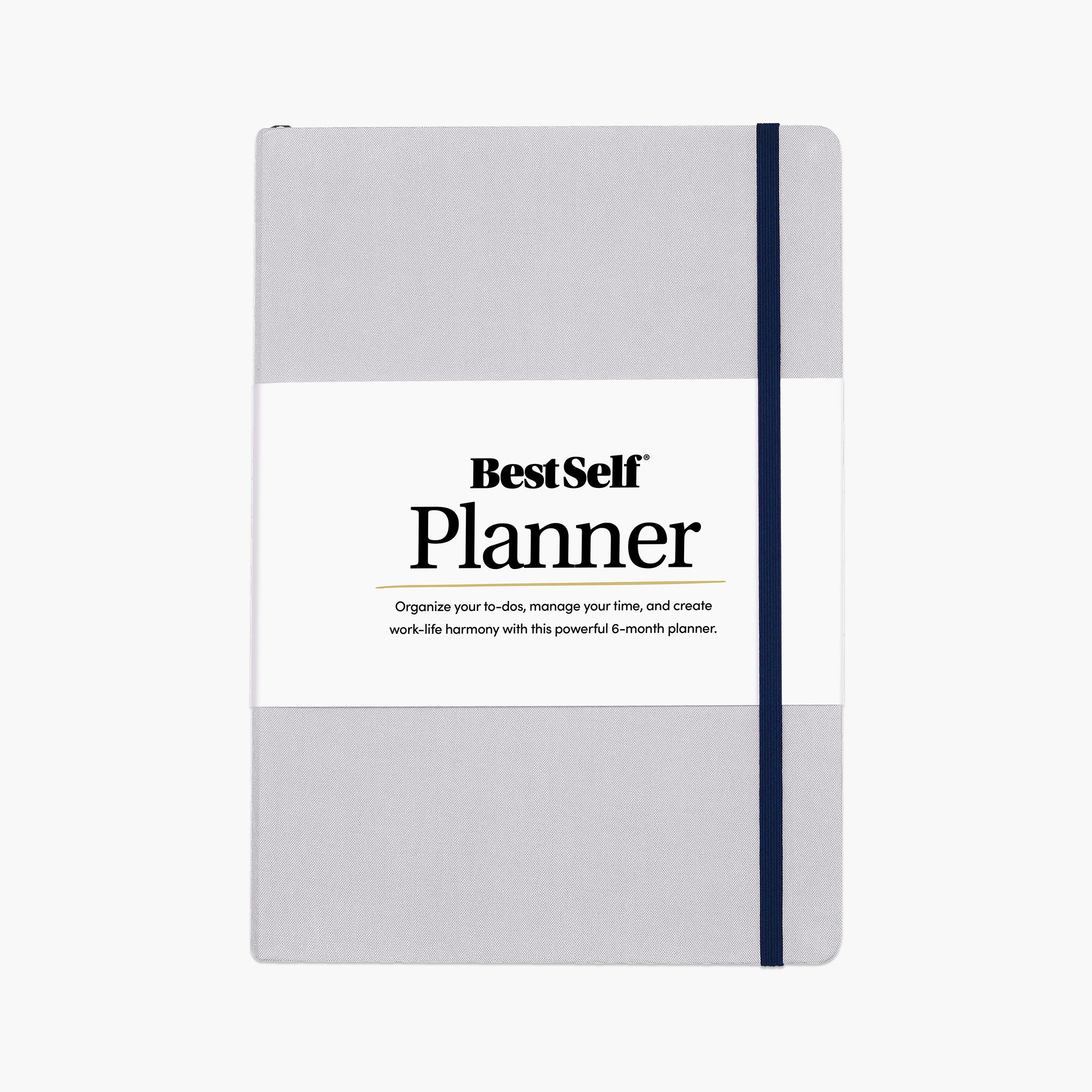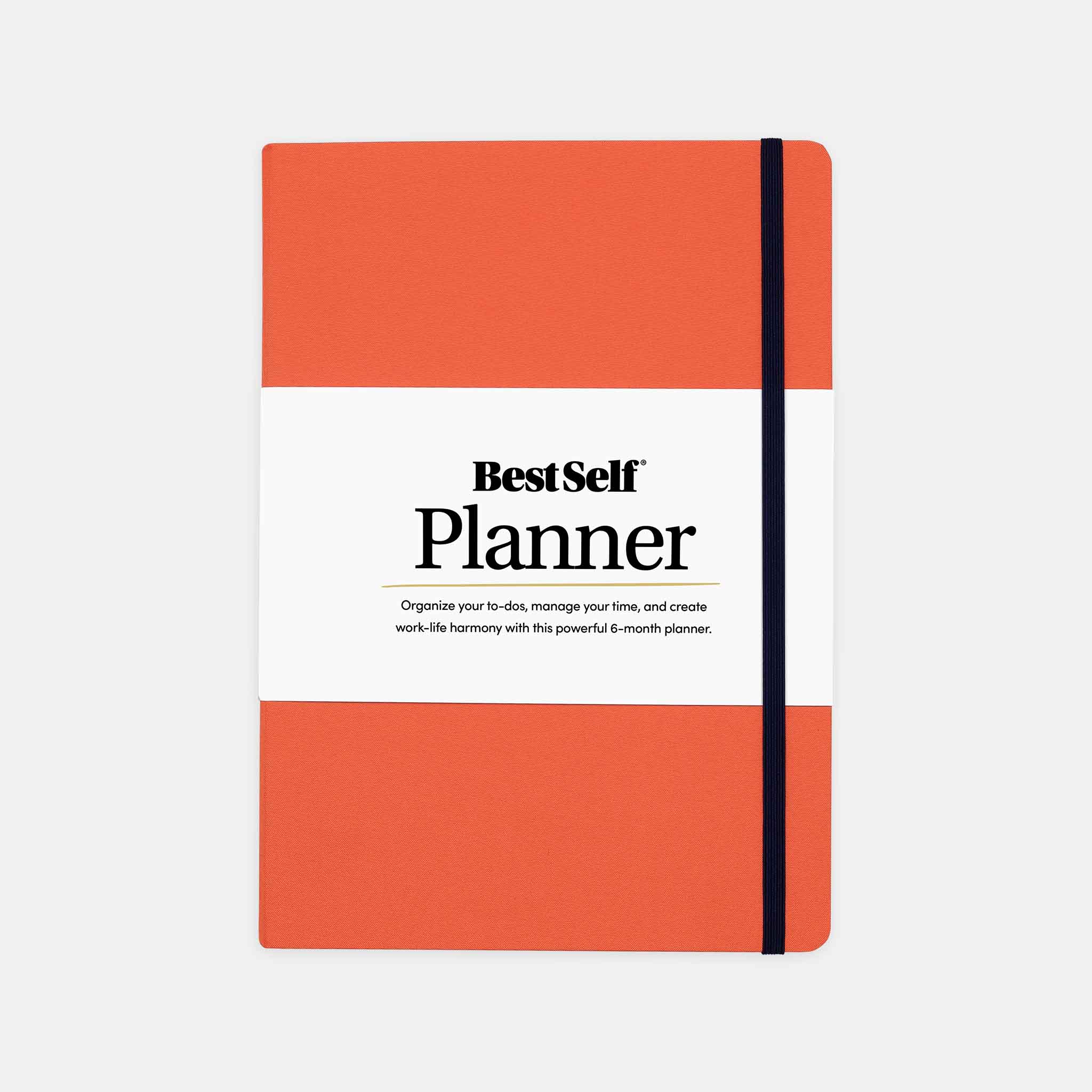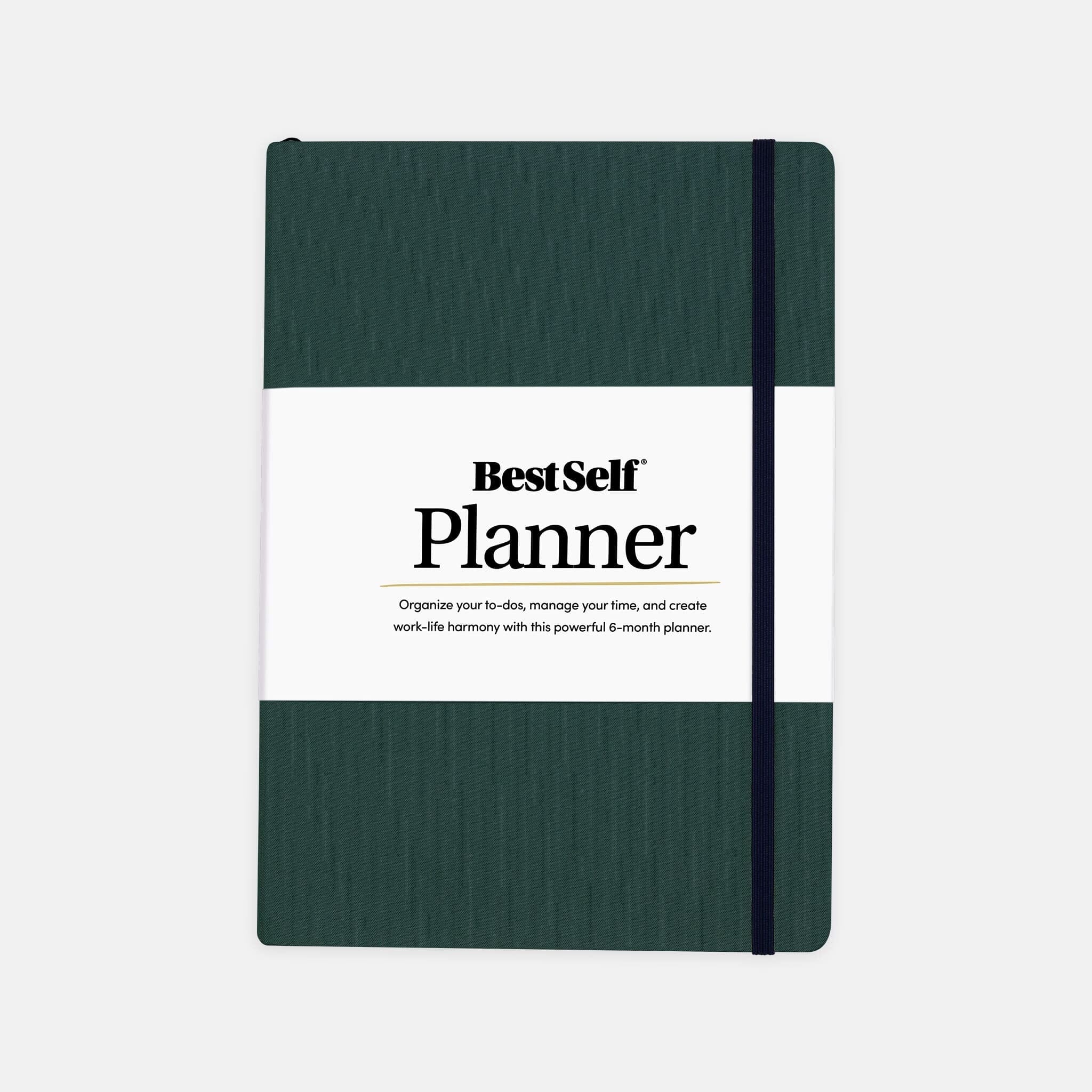Finding Calm in Chaos: Your Guide to What You Can Control
Last week, I fell into a familiar spiral. My phone buzzed with notifications about new tariffs that could impact our business—a situation I've been trying to prepare for, but that remains outside my control. As I was frantically researching potential impacts, my toddler decided it was the perfect moment to need my undivided attention.
There I was, one hand doom-scrolling tariff predictions and the other trying to build a block tower with a toddler who found my stress irrelevant. Life's grand plans, meet reality's wrecking ball.
That evening, I did something that sounds strange but always helps reset my perspective. I watched a space documentary. I like to watch films about space when I’m stressed because seeing that pale blue dot in the vastness of space puts my problems in perspective. We're just living on a rock flying through space, and most of our daily anxiety won't matter in the grand scheme of things.
It reminded me of something I read recently from Robert Greene, who warns how we unknowingly "poison our own minds" by constantly reacting to external drama. He writes: "You are continually reacting to what people give you, experiencing waves of excitement, insecurity, and anxiety that make it hard to focus."
The very act of consuming anxiety-inducing information without a clear purpose leaves us not more informed, but more infected.
What struck me is this: we imagine we’re gathering useful data, but we’re really feeding emotional contagion. We become trapped in loops of reactivity rather than calm, deliberate action.
Key insight: In times of uncertainty, focusing on what you can control isn't just comforting—it's strategically smart. Research shows it's the difference between productive action and anxious paralysis. Directing our energy toward what we can influence reduces stress and increases effectiveness.
This matters more than ever today. Between social media algorithms designed to hijack our attention and news media following the "if it bleeds, it leads" principle, we're constantly battling forces engineered to pull us toward what's dramatic rather than what's important.
The Unprotected Mind
Despite my best intentions to be present with my family, my thumb opens social media during quiet moments with my toddler. Our ancient brains weren't designed for today's stimulation. The irony isn't lost on me: I create productivity tools, yet struggle with the same digital pull as everyone else.
In our recent customer survey, 78% of you reported feeling "frequently overwhelmed" by information overload, with most citing "negative effects on either sleep, productivity, or relationships." It's a modern epidemic and something I’m working on a solution around…

The 4-7-8 Breathing Method
When uncertainty triggers your stress response, you can activate your body's natural relaxation system with this research-backed breathing technique from Dr. Andrew Weil:
- Exhale completely through your mouth.
- Inhale quietly through your nose for 4 seconds.
- Hold your breath for 7 seconds.
- Exhale completely through your mouth for 8 seconds.
- Repeat 3-4 times
What makes this technique powerful isn't just the parasympathetic response. It's that it creates a portable "reset button" you can press anywhere.

The 3-Sphere Audit
Take 15 minutes today to identify what you can control in these three areas:
1️⃣ Environment Sphere (5 mins)
What physical spaces can you control?
- Designate your bedroom as an "information detox chamber" where neither world crises nor work emails are allowed.
- Declutter your main workspace for 10 minutes.
- Put your phone in a drawer during meals.
2️⃣ Routine Sphere (5 mins)
What daily habits can anchor you?
- Start your day with 3 minutes of journaling before checking devices.
- Take a 15-minute walk without your phone.
- Set a 10-minute news-checking window, then close the apps.
3️⃣ Response Sphere (5 mins)
How can you change your reactions?
- Practice the "pause practice" - wait 60 seconds before responding to triggering content.
- Ask yourself: "Will engaging with this improve my life or others'?"
- After consuming difficult news, focus on something tangible and positive in your environment.
One small change that's made a difference for me is auditing my time. I realized that if I spend hours consuming content that heightens my anxiety about things I can't change, that's a reflection of misaligned priorities. Your time reflects your priorities, whether you're conscious of it or not.


Try the "worry container" technique today. Set a 5-minute timer for focused worrying. Write down everything causing anxiety. When the timer ends, close your notebook and say, "I've given this attention, now I'm choosing to focus elsewhere." This boundary creates a mental "done" signal that Harvard research shows can reduce intrusive thoughts by up to 70% for the day.

📚 Reading Corner: "The Courage to Be Disliked" by Ichiro Kishimi and Fumitake Koga
A perspective-shifting book about focusing on what's within your power to change. The authors explore the liberating philosophy that we can't control others' opinions of us—and why that's good news for our happiness.
How Are You Really Doing?
I'd love to hear where you're at mentally and emotionally during these uncertain times. How are you managing the things outside your control? What strategies are working for you?
Hit reply and share—whether you're struggling, finding unexpected silver linings, or somewhere in between. Your response helps me create content that meets you where you are.
Here's to finding your calm center (even in the storm),
Cheers,
Cathryn
